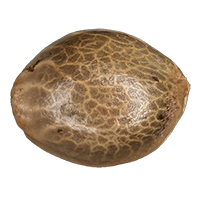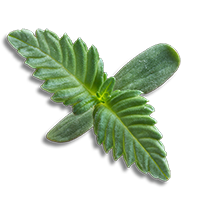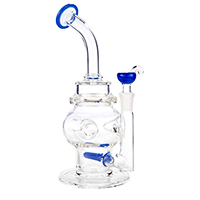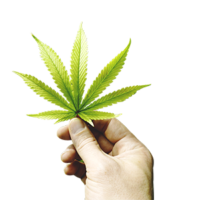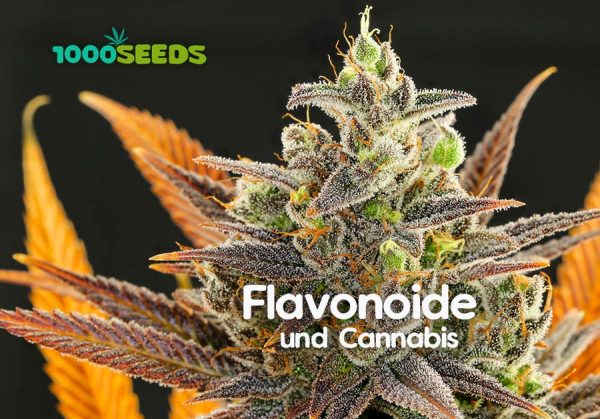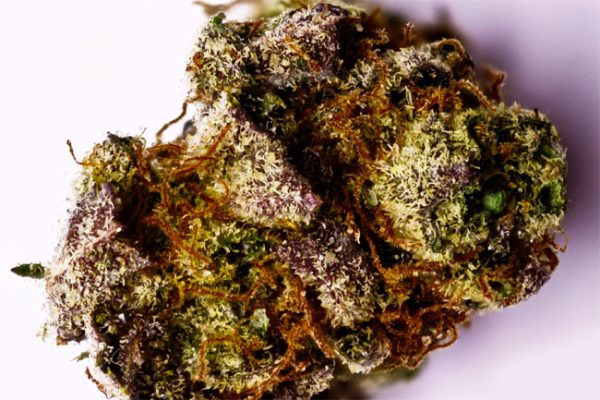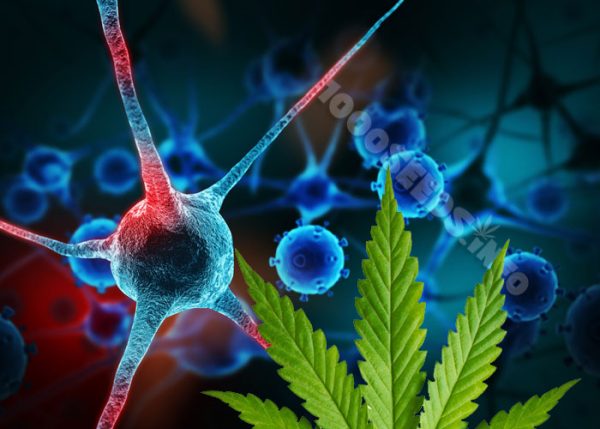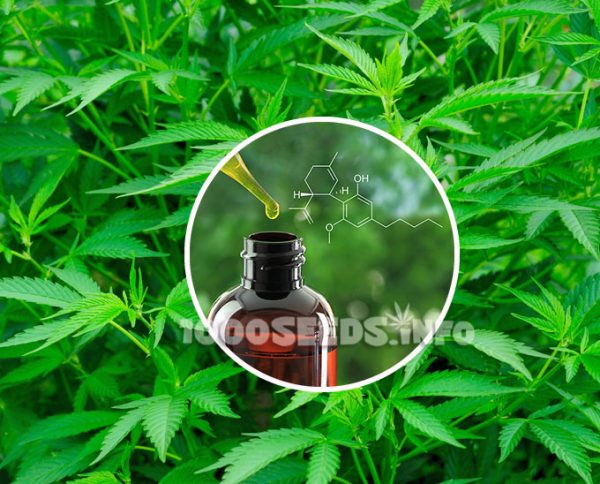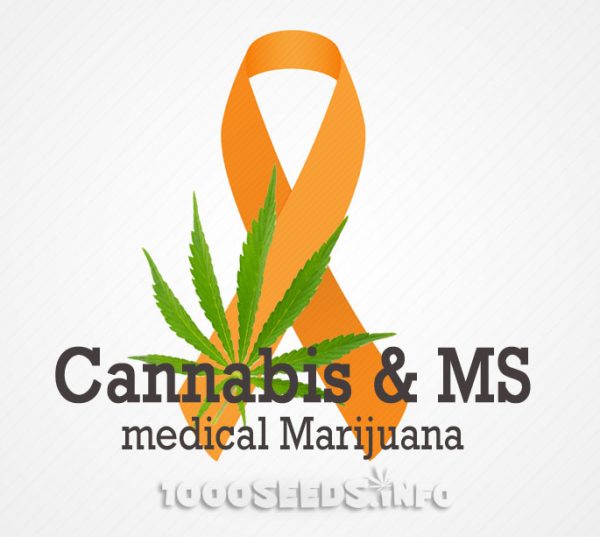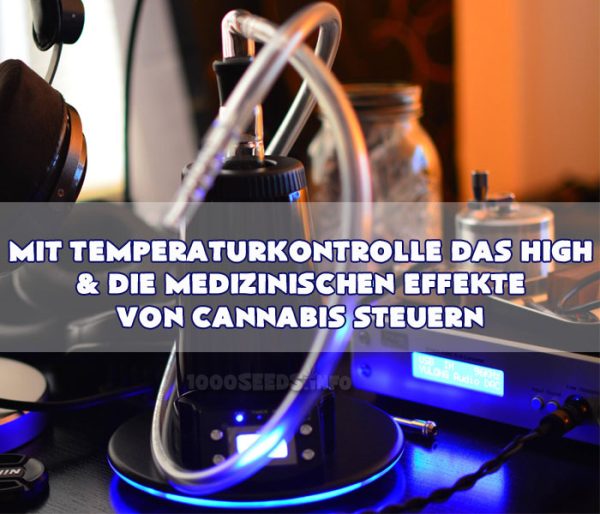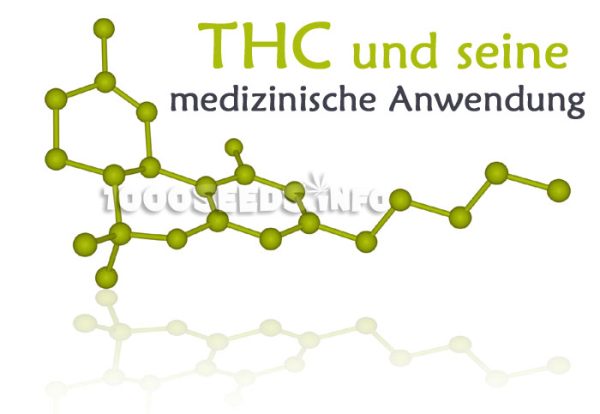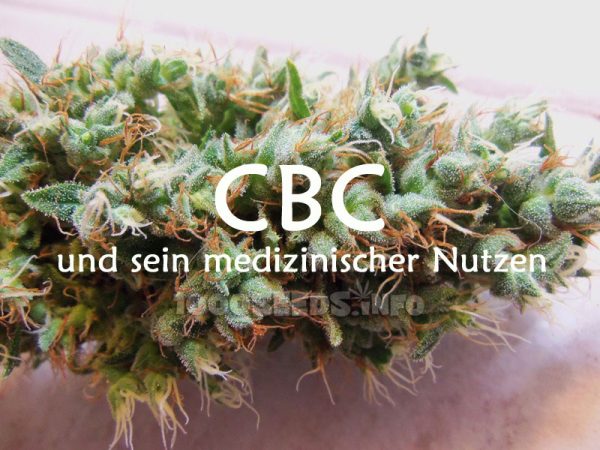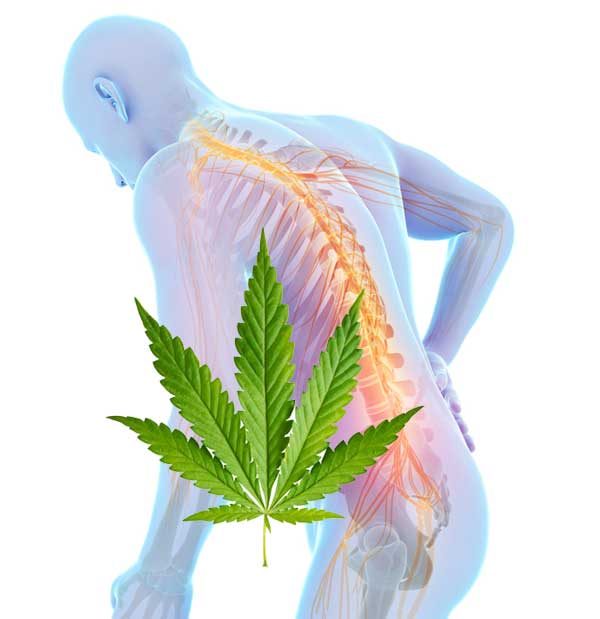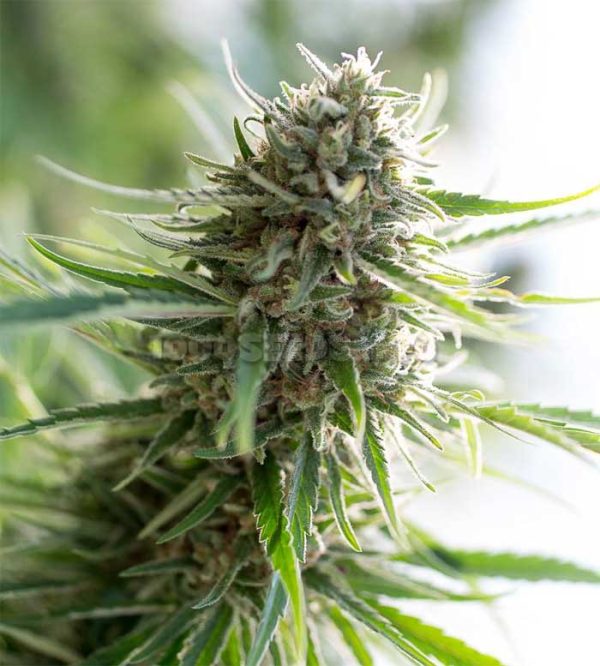Cannabis for depression?

There is some evidence from current cannabis research that marijuana can be effective in the treatment of certain psychiatric disorders, particularly depression or bipolar disorder. Lester Greenspoon, professor of psychiatry at the Harvard School of Medicine, sees great potential in cannabis for the treatment of mental illness and sees it as an effective treatment modality, especially for bipolar disorder and depression. At the same time, he points out that cannabis, like any other medicine, will not help everyone with a depressive illness. Prof. Greenspoon is one of the few psychiatrists in recent decades who has been willing to speak publicly about the mental psychiatric effects of marijuana.
Clinical depression, particularly severe forms, is a very serious condition. People with this illness have long-term, often debilitating feelings of sadness and low self-esteem. They may even experience suicidal thoughts. Depression makes ordinary and everyday tasks difficult or even impossible. Once a doctor diagnoses a depressive disorder based on symptoms, prescription medications are routinely prescribed. There are many types of antidepressants: tricyclic antidepressants, MAOs (monoamine oxidase inhibitors), SSRIs (selective serotonin reuptake inhibitors), SNRIs (serotonin reuptake inhibitors or epinephrine) and some others.
In an analysis published in the Journal of the American Medical Association (Jan 2010), it was described that antidepressants are only effective in people with severe depression. Those patients with mild to moderate depression had no benefit from the anti-depressants prescribed. However, these drugs are prescribed with great frequency to patients who have little or no medical benefit from them. In addition, it is also the case that many sufferers suffer from the side effects of anti-depressants. Sometimes the side effects are even worse than the symptoms of depression.
Medical cannabis has been used for centuries to treat depression. An English clergyman named Robert Burton declared in 1621 that cannabis was a helpful medicine to treat depression. It was used in India over 400 years ago and prescribed by doctors in England in the 17th century to treat depression. In 1890, a British doctor named JR Reynolds analysed cannabis use over the previous 30 years. He found that long-term use had a positive effect on patients with depression and other conditions such as asthma, epilepsy, nerve pain and was very helpful. Numerous patients reported fewer depressive symptoms when they used cannabis.
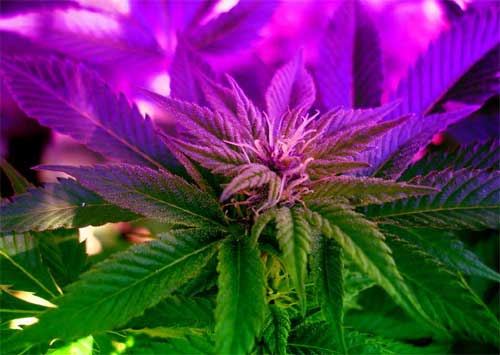
Recent patient surveys in the US show that many patients suffering from depression are being treated with cannabis with good results. Researchers have found that low doses of cannabis increase serotonin levels in the brain and help improve mood. Some scientists believe that higher doses of cannabis may be more likely to increase symptoms of depression because it is more likely to deplete serotonin levels. There are numerous and sometimes contradictory scientific studies on the use of cannabis for depression. Many doctors therefore advise depressed patients to keep the dosage of medical marijuana in moderation and to closely monitor their own symptoms so that the dosage can be precisely adjusted. In combination with other forms of treatment, medical marijuana can help to increase the success of therapy and promote a healthy lifestyle.
Marijuana and depression, a love-hate relationship?
While some scientists believe that marijuana can trigger depression, others argue that cannabis reduces the effects of depression. What is certain is that there is not enough evidence yet that cannabis causes depression.
On the contrary, various studies show that cannabis is a powerful antidepressant at low doses.
When marijuana is consumed in lower doses, the active ingredient THC increases serotonin in the brain, a neurotransmitter that regulates mood. The effect is similar to that of SSRI antidepressants, such as Prozac. The link between marijuana and the reduction of symptoms of depression is in the intoxicating active components of the plant. Scientists believe this is due to the chemical similarity between marijuana and naturally occurring substances in the brain called endo-cannabinoids. The human body secretes these substances when experiencing extreme pain or stress. By using structures known as CB1 receptors, endo-cannabinoids (cannabinoids produced naturally in the body) are able to interact with the brain. CB1 receptors are thought to have a direct influence on serotonin production in the brain.
Many reports from patients using cannabis and observations from clinical trials using cannabinoids point to the anti-depressive potential of marijuana. People with full-blown and severe depression should never start self-treatment and should always seek medical advice. For patients suffering from a mild form of depression, depressive moods or melancholia, very positive effects can be achieved with the appropriate dosage of cannabis.
First findings that THC reduces brain activity regarding negative impulses
In 2013, a team of researchers from the Netherlands published a study in the journal European Neuropsychology focusing on the effects of tetrahydrocannabinol (THC) on humans when processing emotional content. To assess processing, the researchers used magnetic resonance imaging (MRI) technology. Brain activity was measured in eleven volunteers. The volunteers were shown a series of faces with different emotions and asked whether the person was happy or anxious. This task was used to find out to what extent THC affects the reception of emotions. What they found was very interesting. Compared to the placebo group, those who had taken THC showed less accuracy in identifying negative emotions and at the same time had no loss of accuracy when it came to faces with positive emotions. THC reduces brain activity in response to negative stimuli, but not for positive stimuli. According to the study, THC administration reduces the negative impulses in emotional processing.
It is to be hoped that research in this area will be continued in order to obtain even more detailed background information on the possible uses of cannabis and the correlations in the treatment of depression. It is especially interesting to find out to what extent the interaction of different cannabinoids plays a role and which combinations are helpful in detail. In countries where the medical use of cannabis is approved, patients have the possibility to test different strains and their effects in order to finally find out which strain is most effective for them and in many cases they can even avoid the use of prescription drugs.
Some strains are recommended by individual cannabis seed banks for use in depressive disorders and are often used in this area due to their mode of action:
- Canadian Kush (Medical Seeds)
- Iced Grapefruit by Female Seeds
- Purple Haze #1 (Positronics)
- Jack La Mota (Medical Seeds)
- Motavation (Serious Seeds)
- Prozack (Medical Seeds)
- More medical varieties for the treatment of depression
Sources: McGill University (2007, October 24). Cannabis: Potent Anti-depressant In Low Doses Worsens Depression At High Doses. Science Daily. Retrieved April 29, 2011, from http://www.sciencedaily.com/releases/2007/10/071023183937.htm
Medical disclaimer
The information on this website is for general information purposes only and is not to be equated with medical or legal advice. We do not wish to encourage anyone to consume or use drugs illegally. Please consult your doctor/health care provider before using any products/methods referenced or linked to on this website.
<<mehr zum Thema Cannabis als Medizin>>


